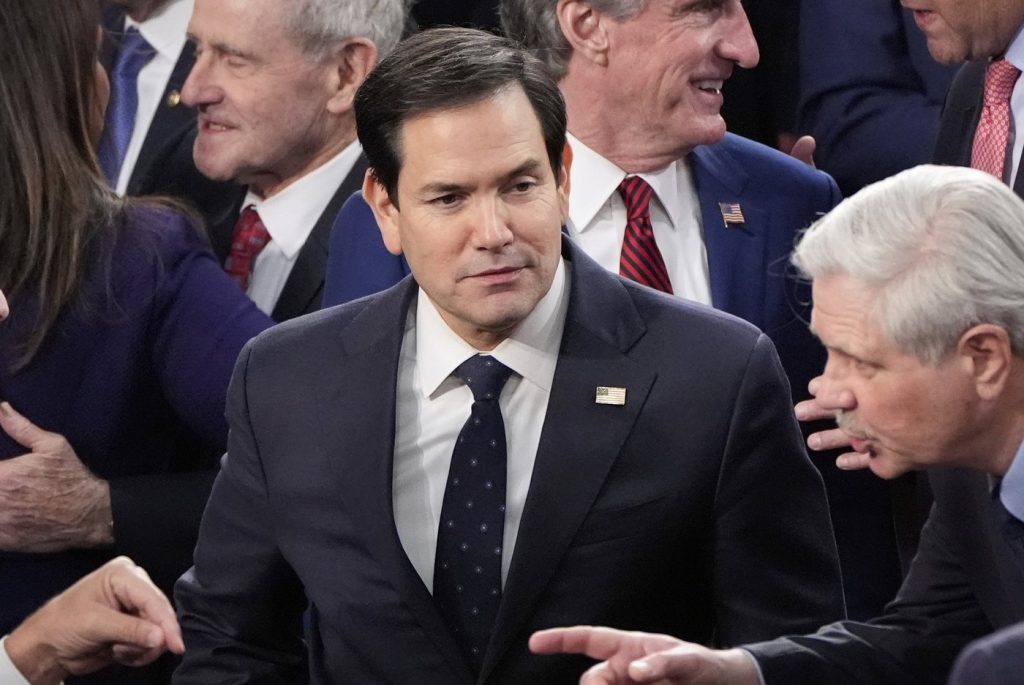WASHINGTON (AP) – Secretary of State Marco Rubio is set to embark on a visit to three Caribbean nations—Jamaica, Guyana, and Suriname—starting Wednesday. This tour comes as the Trump administration places heightened focus on the Western Hemisphere, aiming to reduce Caribbean countries' reliance on Venezuelan oil and address illegal immigration issues.
The State Department announced that a primary agenda for Rubio will be encouraging energy diversification in the region. This visit follows President Donald Trump's recent announcement of new sanctions on Venezuelan oil exports and a 25% tariff on goods imported by countries that purchase oil from Venezuela, set to take effect on April 2.
Another significant issue for Rubio during his trip will be the situation in Haiti. The country has seen a multinational peacekeeping force struggle to maintain stability amid gang violence for months. While Rubio had a conversation with Kenyan President William Ruto—whose nation leads the peacekeeping effort—the specifics of U.S. policy regarding Haiti were not outlined in the State Department’s account of the discussion.
According to Mauricio Claver-Caron, Trump’s special envoy for the Western Hemisphere, addressing the situation in Haiti remains a top priority. He indicated that there is a shared commitment among regional leaders to tackle the challenges facing the nation. However, details on potential U.S. strategies for Haiti were not provided, though Rubio has approved waivers to continue funding the security force amid an overall freeze on foreign aid.
Claver-Caron emphasized that Rubio’s trip represents a critical moment for energy security in the Caribbean, which has long been hindered by high electricity and energy prices. He expressed optimism that this visit aligns with a "historic opportunity" to improve energy security in the region, ultimately enhancing living conditions and U.S. relations with Caribbean nations.
This visit is also timely in light of Trump’s recent tightening of sanctions on Venezuelan oil and the conflicting announcement regarding Chevron, which will continue to receive a sanctions waiver to import Venezuelan oil until the end of May. Claver-Caron pointed out that countries like Guyana and Suriname are poised to surpass Venezuela in oil production, presenting substantial opportunities for the Caribbean region.
Additionally, the U.S. is prepared to address concerns from regional leaders regarding sanctions on Cuba, particularly those affecting programs sending Cuban medical professionals abroad. Critics of these sanctions argue they deprive Latin American countries of much-needed medical assistance. However, Claver-Caron dismissed these concerns, suggesting that discussing the issue of Cuban doctors would detract from focusing on the pressing matters of energy security and economic development in the region, as well as the situation in Haiti.
In summary, Secretary of State Marco Rubio's upcoming visit to Jamaica, Guyana, and Suriname underscores the U.S. administration's strategic pivot towards the Caribbean. The focus on energy diversification, along with invaluable discussions regarding Haiti, suggests a concerted effort to enhance stability and foster economic growth in the region, while addressing the complexities of U.S.-Cuba relations within the broader context of foreign policy in Latin America.










